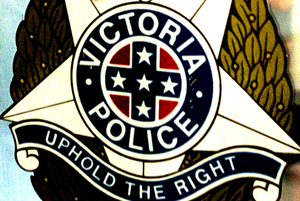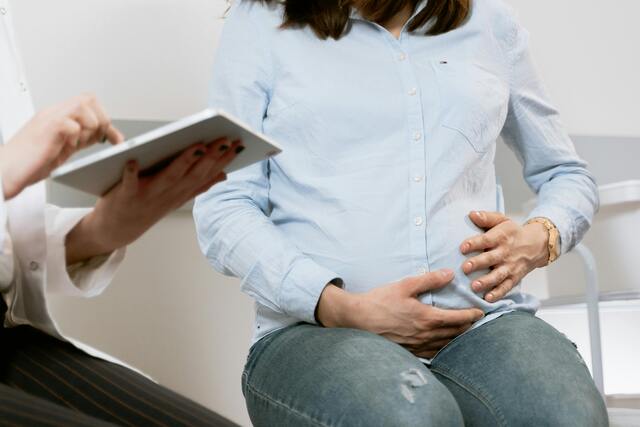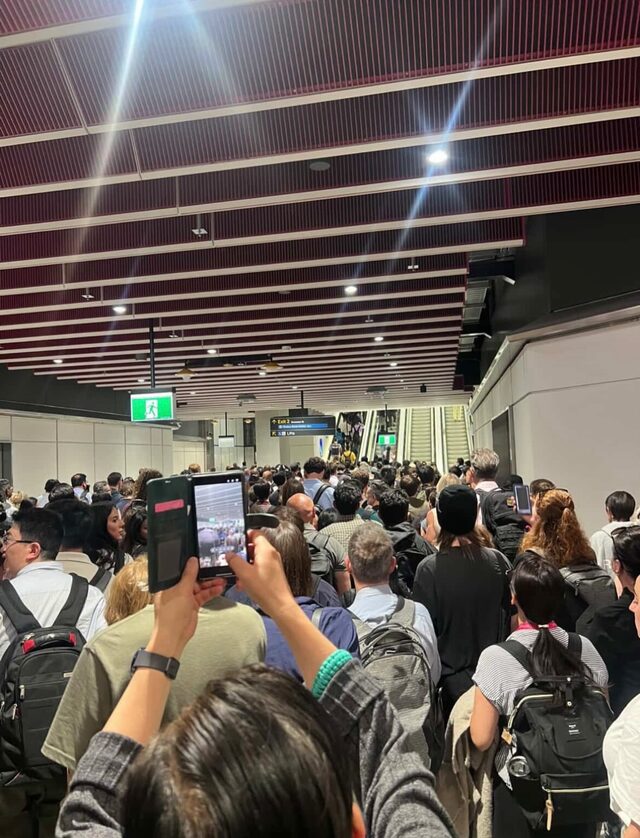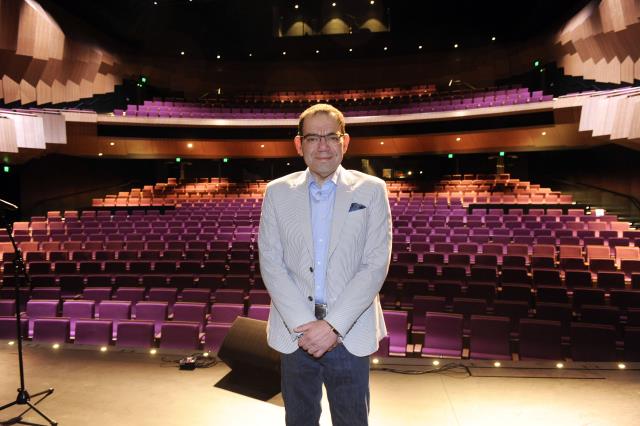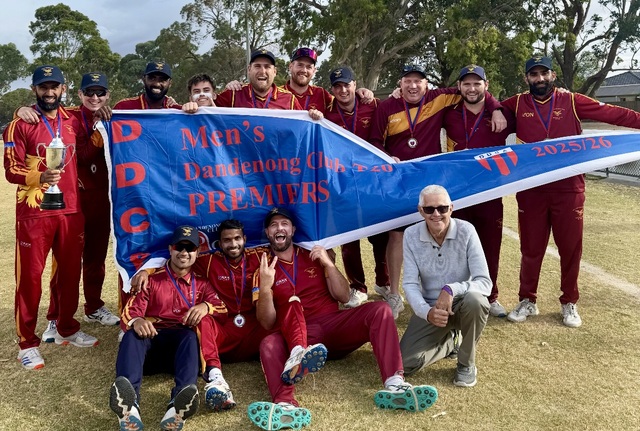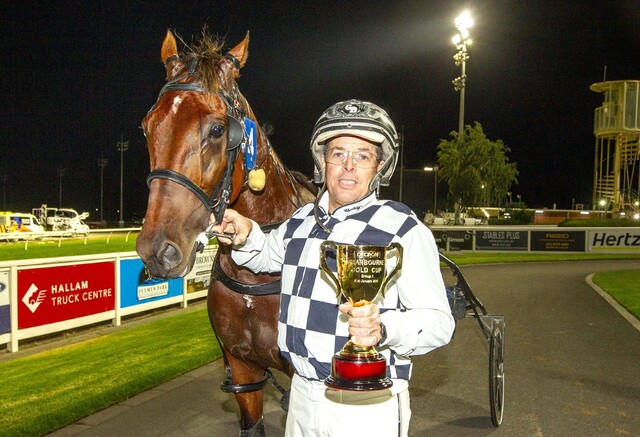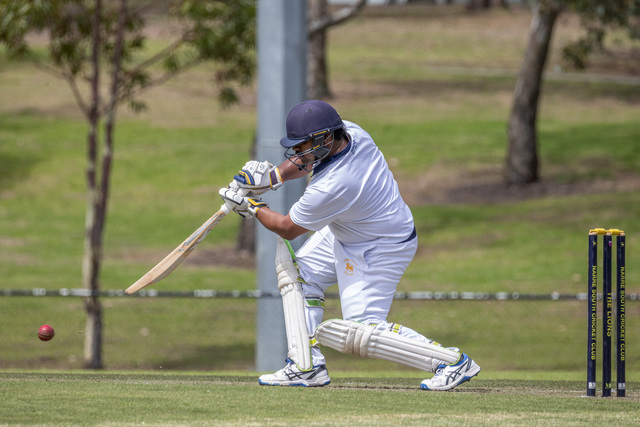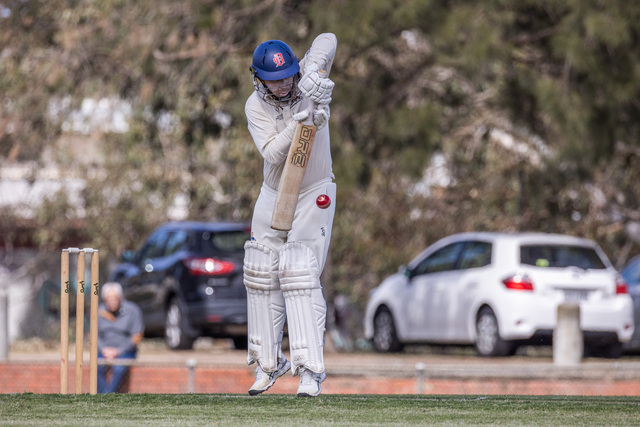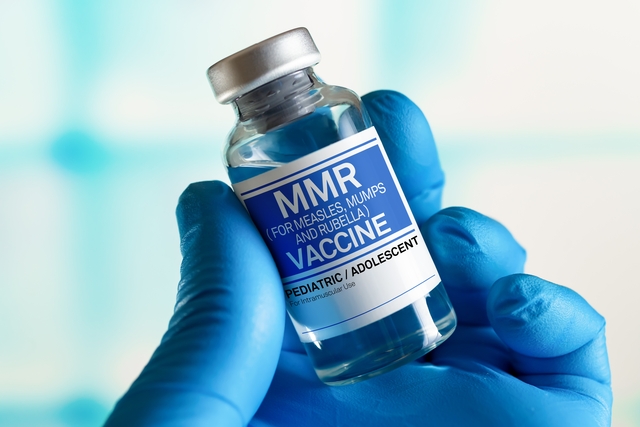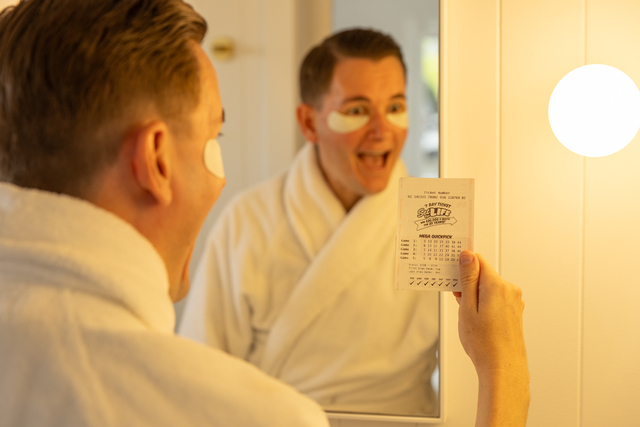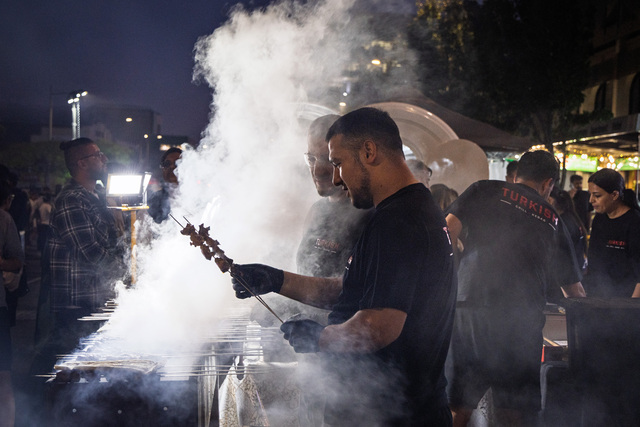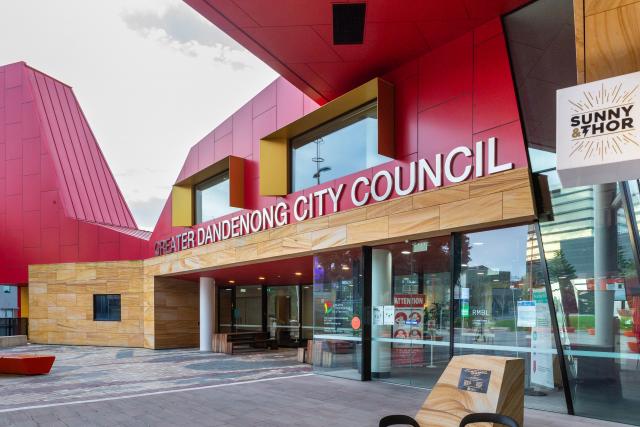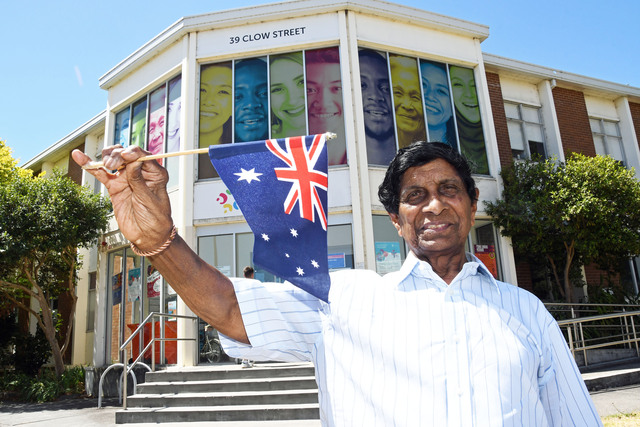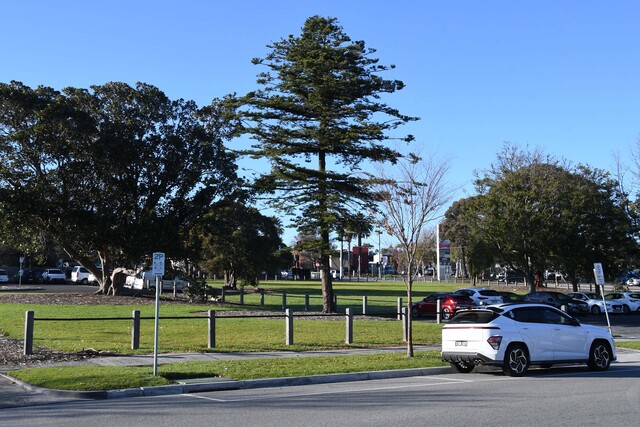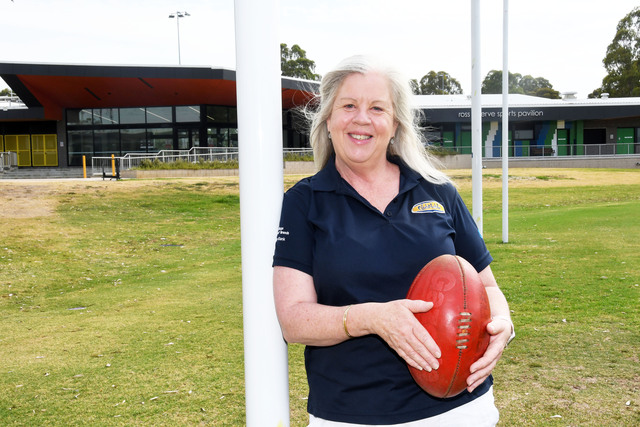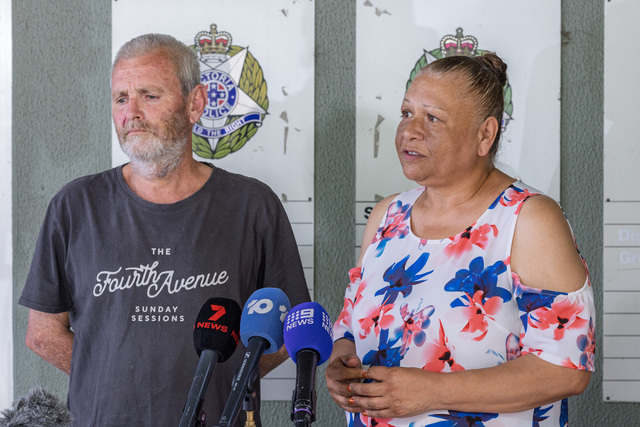Pigeon fanciers have been in lockdown since hundreds of their birds were infected with a deadly virus last year. As a statewide ban on races and shows lifted last week, some owners say they are still struggling to recover. Cameron Lucadou-Wells reports.
THE natural highs of pigeon racing are “better than sex”, says racing pigeon owner John Blackney. When the first of his racing pigeons returns from King Island or another race point 1000 kilometres from his Springvale home, he says he feels his heart flutter with excitement.
“It’s the biggest thrill you can get — you sit in the backyard. You’re waiting, you’re waiting and then you see a pigeon arrive in the sky. For seven seconds, your heart flutters. When that first flier hits your loft . . .’’
The thrill makes the many hours of training and caring for his 25 birds worth it, Blackney says. Some owners pay up to $10,000 for a bird, imported from Europe or the US — “it’s a drug that sucks you in’’.
The speed and stamina of the birds, as well as their uncanny homing instincts, are phenomenal. With a tail wind, they can fly up to 10 hours at 100km/h in race conditions.
But over the past seven months Blackney, like hundreds of other pigeon racers in Victoria, is missing the thrill of the comp. Pigeon racing, like pigeon shows and sales, has been on hold due to a statewide outbreak of pigeon paramyxovirus that has killed pet and wild pigeons across the state.
At least 76 lofts have been infected and 80 contaminated feral pigeons have been found in greater Melbourne.
Last September, the Department of Primary Industries slapped a ban on pigeon activities. It lifted the ban on March 25, months before trials of a vaccine against the virus are expected to be completed.
For some hapless pigeon breeders, up to 100 per cent of their flock have been wiped out.
Many of the birds die within three days of contracting the virus. Others are reduced to ‘headwobblers’ and have to be hand-fed because they can’t hold up their heads. If they recover, it may take up to 12 months of intensive treatment and hand-rearing by their owners.
World champion show pigeon breeder Felice Esposito of Sunshine had half of his 300 pigeons — and all but one young pair of his best, selectively bred English longface tumblers — wiped out by the virus.
It has taken vigilance and a cocktail of medications to save the rest of his birds. At worst, he was losing seven pigeons a day and nursing up to 30 at a time.
“They’re some of the world’s best pigeons. I’ve spent a lot of money on them. It feels like 20 years has gone down the drain.’’
Esposito can only guess how his flock caught the virus, despite never being let out to fly. “Hopefully, the one pair of my best birds can reproduce their bloodline.’’
Blackney, who is also president of Dandenong Racing Pigeon Society, says two of his club’s 25 members have lost birds to the disease. His club and other pigeon clubs have been told they can resume racing and shows if they ensure all competing birds are vaccinated.
Racers have been allowed to ‘range’ or fly around an owner’s loft in the meantime but the usual training — including ‘tossing’ out a bird kilometres from home — has ceased.
“We’ve been like a mother waiting for the past 10 months,’’ Blackney says. “It’s pretty boring.’’
There’s speculation but no proof that the virus may have landed on Victoria’s shores through a smuggled bird. The virus, prevalent worldwide for more than 20 years, had been managed with a paramyxovirus vaccine.
The vaccine has backing from the state’s Department of Primary Industries but it hasn’t been approved by the Australian Quarantine and Inspection Service and the Australian Pesticides and Veterinary Medicines Authority.
So the department has recommended a four-week course of a vaccine used for treating Newcastle disease in poultry. The cost of a 1000-bird dose is about $200.
Inoculation is the way of the future, Blackney says. “The virus is going to be here for the rest of our days. Everyone is going to have to inoculate.’’
There is hope that shows and races in Victoria could resume if enough pigeons are vaccinated before the end of the racing season in July.
Pigeon clubs have funded a trial of the Newcastle disease vaccine as their members rush to inoculate their birds.
But vaccinations didn’t seem high on the agenda among buyers and sellers at MSK auction house in Dandenong last Tuesday.
The auction was abuzz, with more than 50 show and racing pigeons on offer as the house resumed its pigeon sales for the first time since the lifting of the ban.
One breeder and seller, ‘Billy’ of Frankston, said he hadn’t vaccinated his 20-odd show pigeons for sale — “vaccination doesn’t help. There’s nothing you can do about the virus’’.
He knew of five owners whose birds had been killed by the virus. “They got medicine injections for the birds but it doesn’t help. The pigeons just lose their interest to live.’’
One buyer who parcelled up about a dozen racing pigeons into cardboard boxes said she knew nothing about the virus.
National champion show pigeon breeder ‘Jeff’, who breeds English longface tumblers and show-pen homers at his Frankston lofts, described the market sellers who didn’t vaccinate as “clowns”.
“They will kill their own backyard-flyer tribe out. They’ve got nothing to protect their birds.’’
Jeff, a member of Dandenong Fancy Pigeon Society, has been luckier than some — his birds have been spared the virus. But the breeder culled 100 of his birds a month ago because he couldn’t sell them or even give them away under the statewide ban. Now, with his birds vaccinated and ban lifted, he can at least shift his surplus birds.
The outbreak put a halt to pigeon shows nationwide. Show organisers have opted to shut down national shows of up to 4000 entries rather than simply ban Victorian pigeons.
Jeff says he is “finished for two or three years’’ as a national show pigeon competitor. “I won’t be able to take my birds interstate until a national vaccination program happens. I will be locked down and won’t be able to move my birds.
“If there isn’t a national agreement among states to vaccinate, a lot of people will leave the industry.’’
Bird veterinarian Colin Walker says there is no need for national vaccinations, since the disease hasn’t yet escaped state borders. “Even if a bird is vaccinated, it could still carry the disease and potentially carry it out of the state. The DPI is simply trying to stop the spread of the disease.’’
Department of Primary Industries chief veterinary officer Andrew Cameron said the disease was established, endemic and continuing to spread among feral pigeons in greater Melbourne.
He said the Newcastle vaccine should ensure a return to “degree of normalcy’’ for pigeon flyers and breeders.
“We’ve evaluated that it is likely to work.
“People would be foolhardy not to vaccinate their birds because the virus won’t go away.’’
He said rather than compel sellers at markets to vaccinate, it should be a case of ‘buyer beware’.
“I’d say it’s up to the buyer — they should not buy a bird unless the seller can prove they’ve vaccinated the birds.
“If they’re buying birds that aren’t vaccinated, they should keep them isolated before they’re introduced to their other birds.’’

